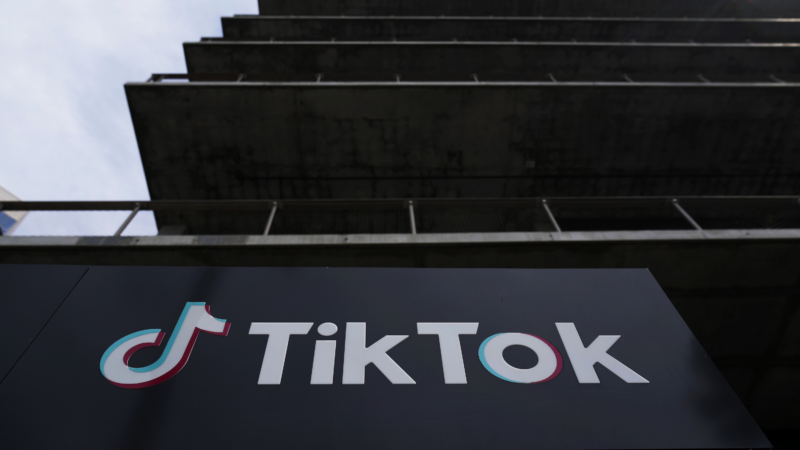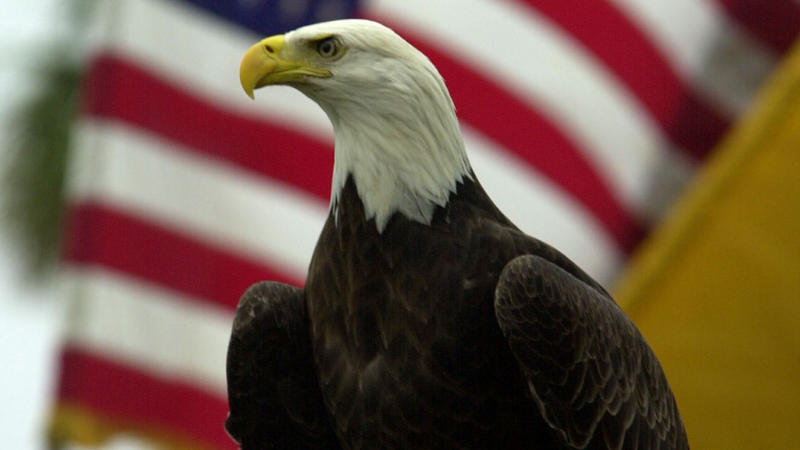Supreme Court agrees to review TikTok ban-or-sale law
The Supreme Court is stepping into the TikTok debate.
The high court agreed on Wednesday to decide whether a law banning the app next month, unless it is sold, is constitutional.
The court did not place the law on hold, putting off that decision until oral arguments, which have been set for Jan. 10, which is nine days before TikTok’s sell-or-be-banned deadline.
Congress passed the law in April after receiving classified briefings on the risk TikTok poses to Americans’ security. The law would force TikTok to shut down in the U.S., unless it is completely divested from its parent company, China-based ByteDance.
But TikTok has insisted that the Chinese government is not covertly manipulating the American public by exerting influence over the video-sharing app’s feed, as critics have insisted.
The law forbids TikTok from being carried in Google and Apple’s app stores and requires web-hosting services to stop supporting the app, or face stiff financial penalties.
Earlier this month, a federal appeals court affirmed the legality of the law, deeming it an appropriate way to address what lawmakers say is a national security threat. Lawyers for TikTok filed an emergency motion asking the Supreme Court to block the ban shortly after.
TikTik has argued that singling out the app represents an unprecedented suppression of the free speech of 170 million American users.
While there are bipartisan concerns about TikTok’s corporate parent company being based in Beijing, government officials have never cited a specific instance of the Chinese government using the app to collect data on Americans, or harnessing the service to spread disinformation.
Six legal scholars told NPR in May that forcing TikTok to be shut down over national security concerns that were unspecified represents a violation of the First Amendment.
Yet in affirming the law earlier this month, the U.S. Court of Appeals for the District of Columbia Circuit said it was protecting free speech by preventing a foreign adversary from influencing what U.S. citizens view on the app.
The Electronic Frontier Foundation, a digital rights advocacy group, which filed a brief supporting TikTok along with the Knight First Amendment Institute and the ACLU, implored the high court to reverse the looming ban.
“Shutting down communications platforms or forcing their reorganization based on concerns of foreign propaganda and anti-national manipulation is an eminently anti-democratic tactic, one that the U.S. has previously condemned globally,” the foundation said in a statement Wednesday.
While the legal outcome of the law will now be decided by the Supreme Court, President-elect Donald Trump has been sending mixed signals about his stance on the app.
Trump, who launched the first unsuccessful TikTok ban effort in his first term, has indicated that he now wants to “save” the app from a shutdown.
But in an interview recently with NBC’s “Meet the Press,” Trump did not answer directly when asked if he would rescue the app. Instead, he said he would “try and make it so that other companies don’t become an even bigger monopoly,” saying authorities in the U.S. should have “the right to ban it if you can prove that Chinese companies own it.”
Turkey looks set to play an outsize role in shaping the new Syria after Assad
As the world watches Syria grapple with the aftermath of Bashar al-Assad's brutal regime and the formation of a new government, one neighbor has emerged as having great influence over the new Syria.
The Federal Reserve lowers interest rates again — but hints at fewer cuts next year
The Fed lowered interest rates by a quarter percentage point — but policymakers are projecting fewer rate cuts next year as inflation remains elevated.
In 2024, our TV critic was grateful for fantastic shows and familiar faces
Fresh Air critic David Bianculli watches more TV than anyone he knows. He found it impossible to come up with a top 10 list this year — and is reveling in the abundance of exceptional shows.
Genital herpes is a ‘forgotten’ virus. But that doesn’t mean it’s gone away.
Over 800 million people have genital herpes — and in many cases the virus can flare up over a person's lifetime, causing painful symptoms. So why doesn't the world pay more attention?
Supreme Court takes up South Carolina’s effort to defund Planned Parenthood
The state cut off funding to Planned Parenthood because it provided non-abortion services to Medicaid patients.
The bald eagle isn’t actually America’s national bird — but that’s poised to change
After learning the U.S. doesn't officially recognize the bald eagle as its national bird, a Minnesota man swooped in. This week the House passed his bill, which now heads to Biden's desk.







